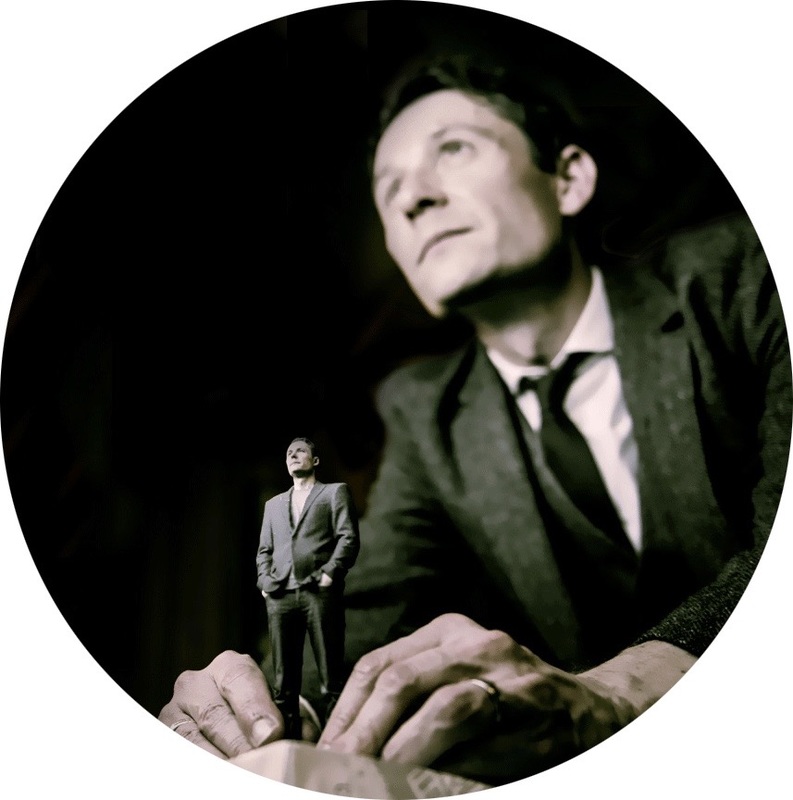|
Here are my slides from the Interweaving Conference at Edinburgh University earlier today (6 September 2017). I was presenting on the relationship between multimodality and assessment within increasingly digital learning environments and society more generally. The central argument of my research was that, contrary to the tendency within the literature to conceptualise multimodal assessment as being new, experimental or unconventional, this position might extend only as far as the boundaries of our own classrooms or disciplines.
The literature that takes a specific interest in multimodality and summative assessment is dominated by those researching or working within what we might describe as ‘language-based’ courses and contexts: primary education literacy, secondary-level English, higher education Humanities; composition classes within US colleges and universities. Presumably this is because these are the subjects and disciplines that are most unsettled by the growing propensity towards richly multimodal ways of constructing and communicating meaning, prompted by the growing presence of digital devices, learning spaces and pedagogies in higher education. Drawing on my ethnographic study of meaning-making around assessment within an undergraduate architecture programme, I argued that multimodal assessment could be supported by what we might see as firmly established examples of ‘best practice’ around assessment feedback. If this seems a far from ground-breaking observation, it is worth noting that in the considerable body of literature that investigates the relationship between multimodality and assessment, including instances that have examined the introduction of richly multimodal assignments in place of the essayistic form, there are scant references to highly cited work around assessment and feedback. Similarly, there are few examples of researchers, course designers or tutors looking to the work of academic colleagues who are already immersed in multimodal teaching, learning and assessment. The Interweaving Conference set out to bring together the broad range of research and researchers working in education at Edinburgh University. In line with the interdisciplinary interest of the conference, I concluded my presentation by suggesting that in those situations where we look to introduce richly multimodal assessment to accompany or augment existing essayistic approaches, we might wish to travel beyond the boundaries of own disciplines - and the walls of our classrooms - to look at interesting and firmly-established strategies around assessment and feedback. See also: Visual and Multimodal Forum at the UCL Knowledge Lab Assessment, feedback and multimodality in Architectural Design Architecture, multimodality and the ethnographic monograph
5 Comments
24/7/2021 08:36:05
What an exquisite article! Your post is very helpful right now. Thank you for sharing this informative one.
Reply
3/9/2021 15:19:47
Awesome! This is a great article. Thanks for sharing, anyway.
Reply
11/11/2021 08:56:03
What an exquisite article! Your post is very helpful right now. Thank you for sharing this informative one.
Reply
21/9/2022 10:17:03
Reply
18/12/2023 08:18:02
Book hot and sexy girls in Greater Noida for a warm and captivating companionship. Our premier Greater noida escorts service provides unforgettable moments and dream partners in Greater noida. Call 9899869190 now!! Visit here for more information:-https://delhicallgirlservice.in/greater-noida-escorts.html
Reply
Leave a Reply. |
Search categories
All
I am a Lecturer in Digital Education (Education Futures), within the Centre for Research in Digital Education at The University of Edinburgh.
@james858499 [email protected] |
